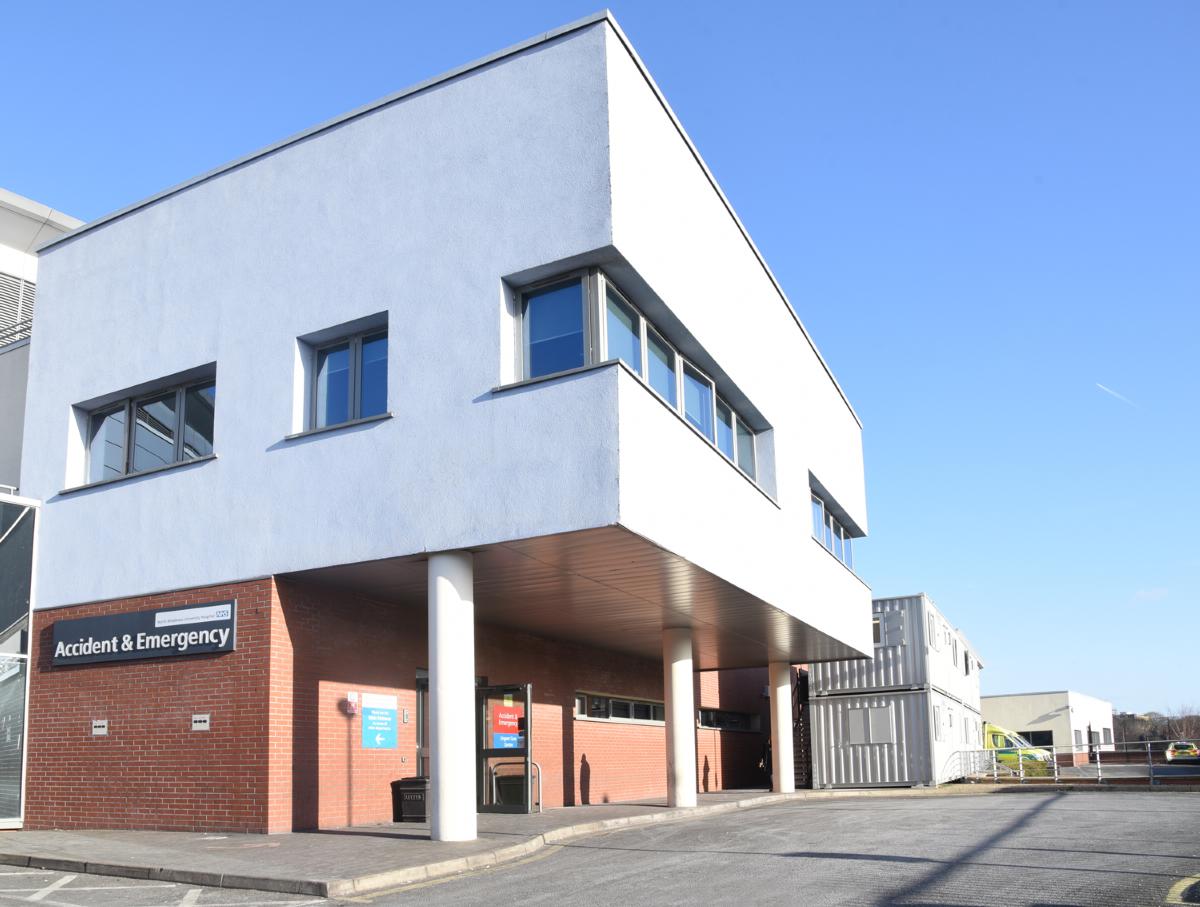Life-saving pilot programme will make HIV testing routine at North Mid A&E department

From today, all patients aged 18 and over attending the A&E department at North Middlesex University Hospital will have an HIV test as part of their routine blood tests.
Enfield and Haringey have some of the highest rates of HIV in the UK (4 in 1000 in Enfield and 6 in 1000 in Haringey) and the second highest rate of late diagnosis in London. The introduction of routine HIV testing aims to increase early diagnosis rates in each borough, leading to on-going treatment for those who test positive and reduces the risk of transmission within communities.
The new process, a pilot programme, will see routine HIV screening of all patients who require a blood test as part of their treatment in the A&E department. Those who do not wish to be tested will have the opportunity to opt-out at the point of testing.
Patients that test positive will then be referred for ongoing care to our dedicated HIV team at the Alexander Pringle Centre, one of the largest specialist services for people with HIV in the UK.
The National Institute for Health and Care Excellence (NICE) recommend testing is offered to all patients in areas where prevalence of HIV is over 2 in 1000. People diagnosed later are more likely to require hospital admission and become seriously ill.
Dr Rebecca Marcus, HIV Consultant at the North Mid, said: “People with HIV can continue to live long and healthy lives, particularly when the condition is identified earlier. The move to routine testing in our A&E department, as happens in most A&E departments in London, could be life-saving for those people who are unaware they have HIV.”
Maria Kane, Chief Executive at North Mid, said: “It’s important that our local community continues to get access to excellent HIV treatment and support, and with our Alexander Pringle Centre at North Mid, they get just that. By introducing routine testing when people come to our A&E department, we hope to be able to provide that support earlier, so that we can save lives and provide high quality care to our local communities.”
Find out more about our Alexander Pringle Centre and HIV service.
